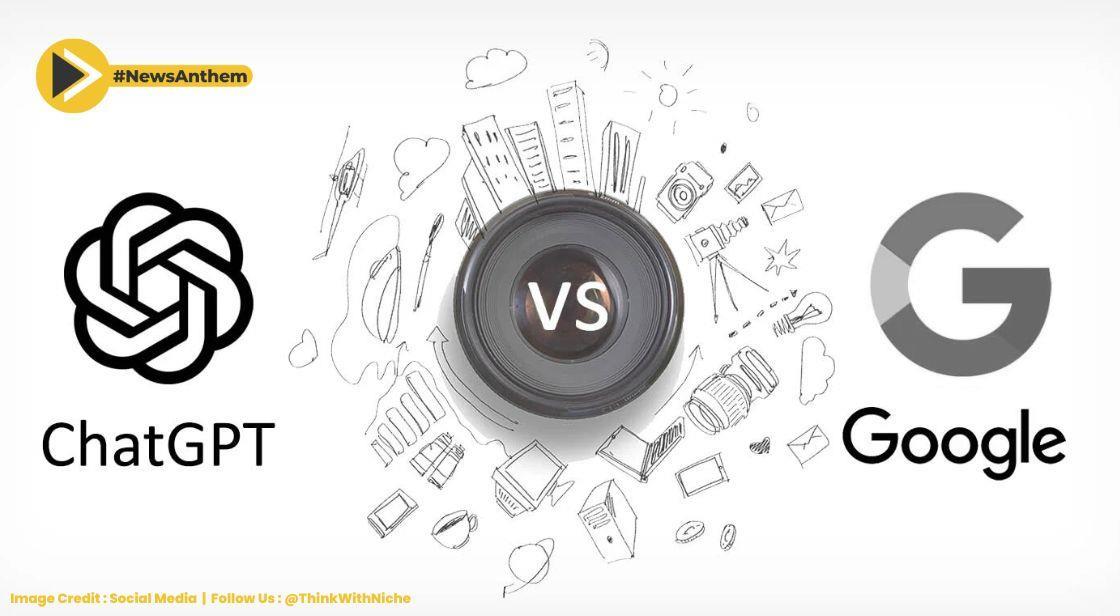ChatGPT Now on Call and WhatsApp – Everything You Need to Know

News Synopsis
OpenAI has introduced a new and innovative way to interact with its highly popular AI chatbot, ChatGPT, through a dedicated phone line and WhatsApp. By dialing the US-based toll-free number 1-800-CHATGPT (1-800-242-8478) or messaging through WhatsApp, users can seamlessly access ChatGPT via familiar communication platforms.
Announcing this new feature on Wednesday, OpenAI highlighted the simplicity and affordability it offers, particularly to newcomers exploring AI technology. Each user will receive 15 minutes of free usage per month, making it an accessible introduction to the chatbot.
1-800-CHATGPT: How It Works
The new feature is designed to be user-friendly and convenient.
-
No account required for calls: Users can dial the toll-free number without needing an OpenAI account. However, OpenAI has hinted at future updates where WhatsApp messages may be integrated with individual ChatGPT credentials for a personalized experience.
-
Privacy assurance: OpenAI has clarified that phone conversations will not be used for training the chatbot, ensuring data privacy for users.
The tool was developed in a short span of just a few weeks, showcasing OpenAI’s rapid innovation. During a recent livestream, a company representative emphasized the importance of accessibility, noting that this service offers a more streamlined version of ChatGPT compared to its web-based counterpart.
Why OpenAI Introduced This Feature
OpenAI sees the launch as a pivotal step in democratizing AI. By providing access through everyday communication channels like calls and WhatsApp, the company aims to make AI technology approachable for individuals who may find web-based platforms complex or intimidating.
Target Audience:
-
For newcomers: The phone and WhatsApp feature offers a simplified, entry-level introduction to AI.
-
For existing users: Advanced features, higher usage limits, and personalization options remain exclusive to traditional ChatGPT accounts.
The feature is currently limited to users in the United States but could expand globally in the future.
Comparisons with Google’s GOOG-411 Service
Interestingly, OpenAI’s move is reminiscent of Google’s GOOG-411, a free voice-based directory assistance service launched in 2007. Despite its initial success, Google discontinued the service in 2010 without an official explanation. Experts speculate that the service achieved its primary objective of collecting voice data to enhance Google’s speech recognition technology.
ChatGPT Search as a Default Engine
In parallel, OpenAI has rolled out another major update—making ChatGPT Search accessible to all account holders on OpenAI’s mobile apps and website. This feature positions ChatGPT as a competitive alternative to traditional search engines like Google.
With advanced natural language processing capabilities, ChatGPT Search promises highly accurate and relevant search results, moving beyond the conventional list of links. OpenAI’s goal is to redefine how people search online, leveraging AI to deliver context-aware, conversational answers.
Conclusion
OpenAI's introduction of ChatGPT through a toll-free phone number and WhatsApp marks a significant step in making AI technology more accessible and user-friendly. By offering an alternative to traditional platforms, OpenAI simplifies interactions with its chatbot, catering to users who prefer familiar communication methods.
While the feature currently serves US users exclusively, its potential to expand globally could redefine how individuals interact with AI in everyday scenarios. With ChatGPT Search also positioning itself as a competitor to traditional search engines, OpenAI continues to challenge the norms of AI utility and accessibility.
However, as the technology evolves, balancing innovation with ethical considerations like data privacy remains paramount for sustained success.
You May Like









